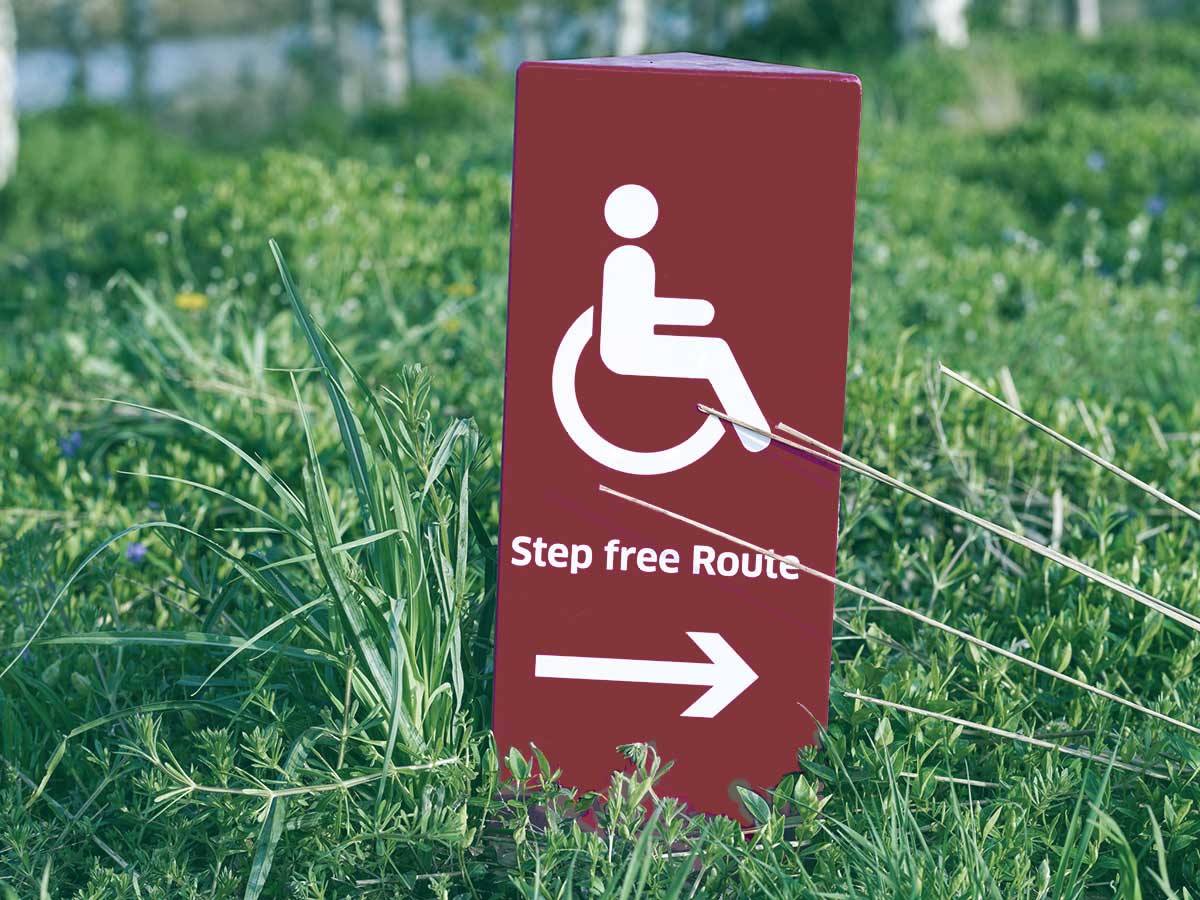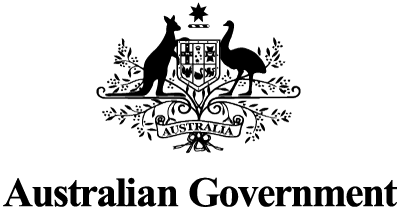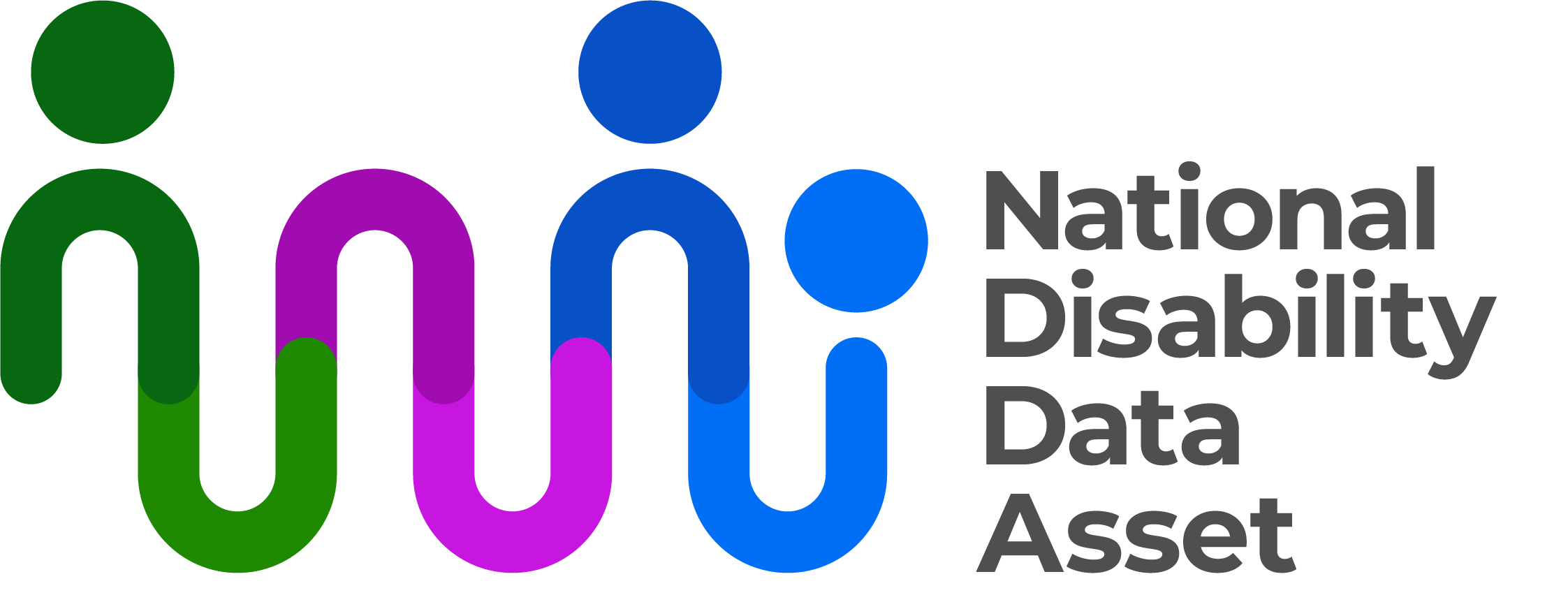
The Pilot Disability Advisory Council (Council) for the National Disability Data Asset (NDDA) met on 6 August 2020. The Council discussed the overall progress of the NDDA pilot (Pilot) and then considered key focus areas. The focus areas included:
- the test case on early childhood policies and outcomes
- the final design of the NDDA
- a supporting digital platform with insights and stories
- the planned communications approach for the Project.
The Council was updated on the Project’s recent and upcoming work. The Council discussed whether additional research could be done to see how the NDDA could be used to analyse and inform the ongoing COVID-19 situation. The Council suggested that the NDDA may also be able to inform policy responses relating to natural disasters, such as the recent bushfires.
The early childhood test case is one of five test cases used in the Pilot to understand how the NDDA can best function. The Council heard about the focus areas of the test case and the types of insights it plans to deliver. The Council discussed the scope of the research questions and data sets, and the measurement of outcomes.
The scoping phase for the final design of the NDDA is expected to be completed by the end of September 2020. This will table all possible design options through co-design workshops with technical partners. To date, the technical options have focused on how to best use the available data. The Council suggested to consider including data outside of the data provided in the pilot, such as transport data, in the final design of the NDDA. This would help ensure the NDDA was of greatest value to people with disability.
An early version of a digital platform was reviewed. It would enable quick and easy access to insights from the NDDA, as well as background stories related to the data. The version shared with the Council focused on public policy uses. The Council discussed the website and its possibilities, including ideas for future versions designed for people with disability, their families and carers, and organisations and businesses in the disability sector.
The Council considered the Project’s communications approach, strategic elements and how it will be executed. The Council discussed effective ways of telling the stories behind the data and the importance of reaching less-often-reached groups and people with communication disabilities.
Meeting attendees
The meeting was chaired by Dr Ben Gauntlett, Disability Discrimination Commissioner at the Australian Human Rights Commission. The following members took part in the meeting:
- Dr Scott Avery, Senior Lecturer, School of Social Sciences, Western Sydney University
- Professor Bruce Bonyhady AM, Executive Chair & Director, Melbourne Disability Institute, previous Chairman of the National Disability Insurance Agency (NDIA) Board
- Belinda Drew, CEO, Community Services Industry Australia, Chair, Social Enterprise Finance Australia
- Professor Anne Kavanagh, Chair of Disability and Health, Head of the Disability and Health Unit in the Centre for Health Equity, Co-Director, NHMRC Centre of Research Excellence in Disability and Health, University of Melbourne
- Professor Gwynnyth Llewellyn, Director of Family and Disability Studies, University of Sydney, Head, WHO Collaborating Centre for Strengthening Rehabilitation Capacity in Health Systems, Co-Director, NHMRC Centre of Research Excellence in Disability and Health, Disability and Inequity Stream Leader, Centre for Disability Research and Policy
- Dr Steven McEachern, Director, Australian Data Archive, Australian National University
- Kevin Stone, CEO, Victorian Advocacy League for Individuals with Disability, Chair, Inclusion Australia (National Council on Intellectual Disability)
- Professor Julian Trollor, Head of Development Disability Department, University of New South Wales
- Leah Van Poppel, CEO, Women with Disabilities Victoria
- John Walsh AM, NDIS Board of Directors

